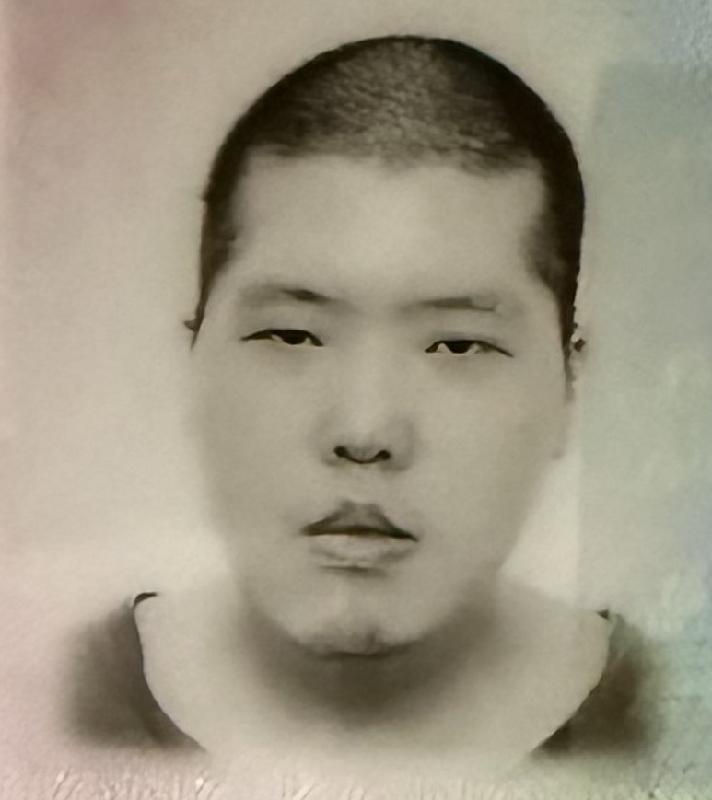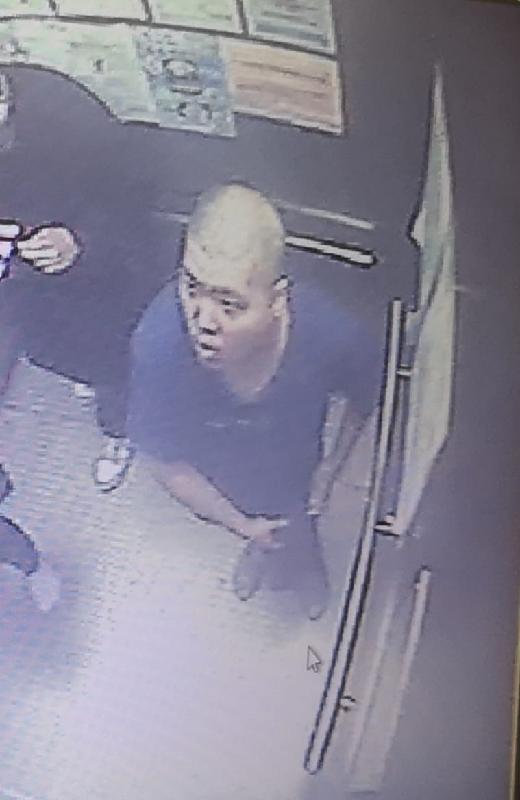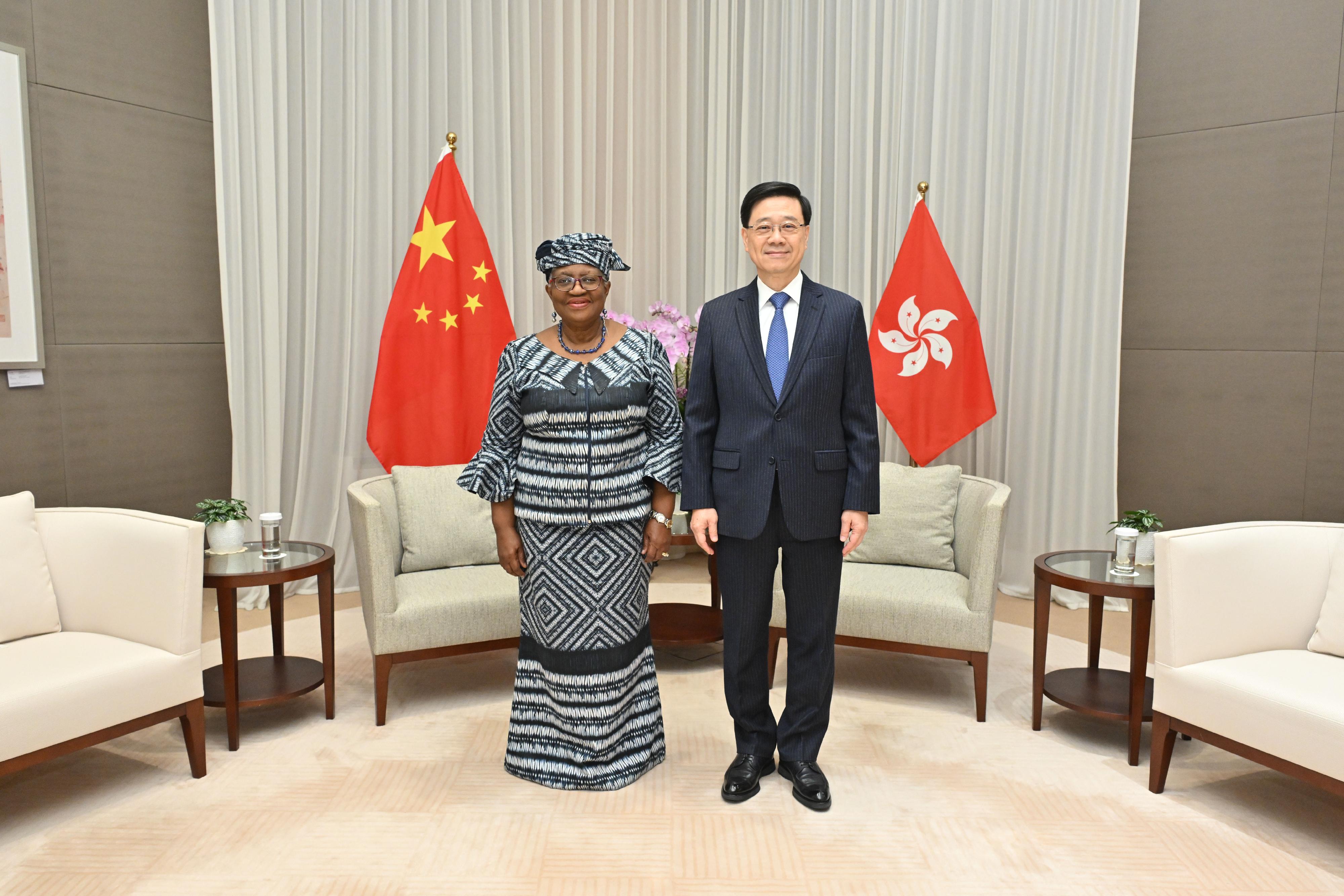Hong Kong Customs combats unfair trade practices against Wi-Fi devices rental service provider
Hong Kong Customs yesterday (December 4) arrested a male director of a Wi-Fi devices rental service provider who was suspected of renting Wi-Fi devices on which a false trade description was applied, in contravention of the Trade Descriptions Ordinance (TDO).
Customs earlier received information from members of the public that when they rented Wi-Fi eggs from a service provider and paid the deposits, they were informed that the deposits would be refunded at a specified period of time after the return of the devices. However, the provider did not refund the deposits on time and the total deposits involved amounted to $9,000.
After an investigation, Customs officers yesterday arrested a 35-year-old male director of the provider. The investigation is ongoing and the arrested person has been released on bail pending further investigation.
Customs reminds traders to comply with the requirements of the TDO and consumers to procure services at reputable shops.
Under the TDO, any trader who applies a false trade description to a service supplied to a consumer commits an offence. The maximum penalty upon conviction is a fine of $500,000 and imprisonment for five years.
​
Members of the public may report any suspected violations of the TDO to Customs' 24-hour hotline 182 8080 or its dedicated crime-reporting email account (crimereport@customs.gov.hk) or online form (eform.cefs.gov.hk/form/ced002/).


